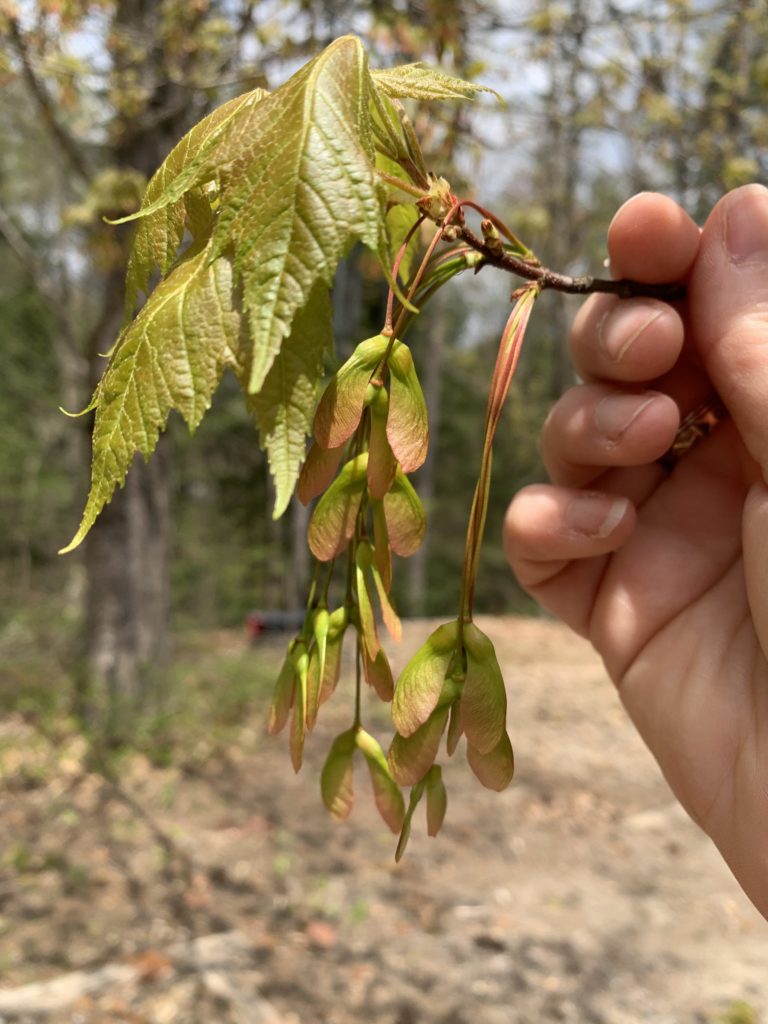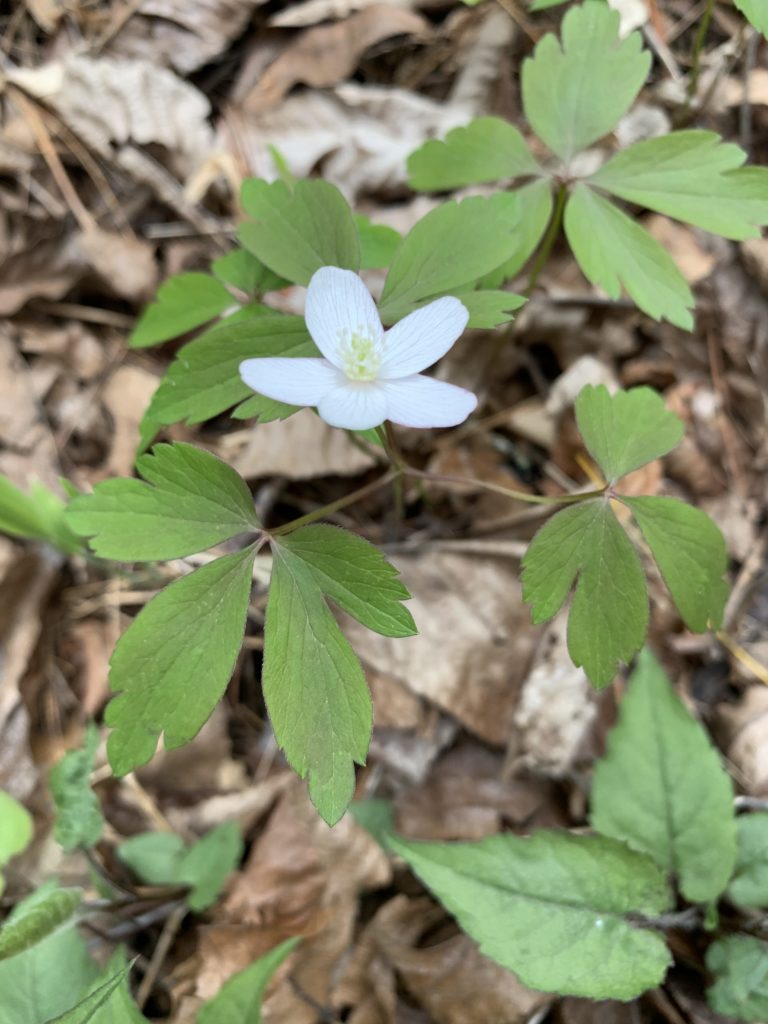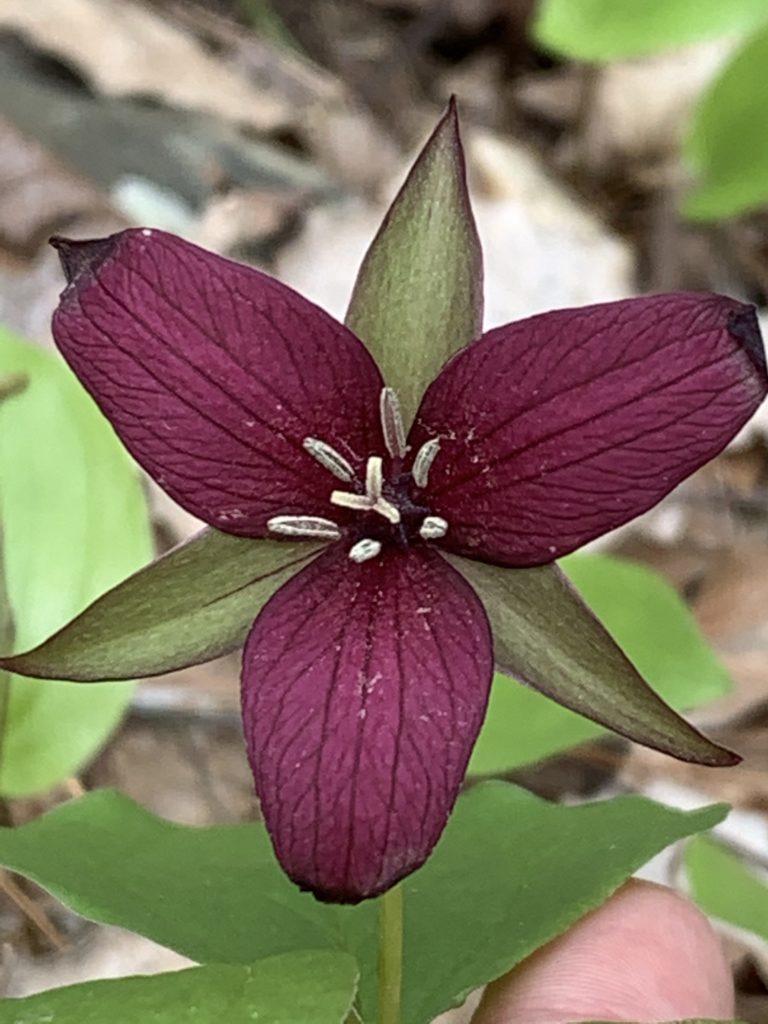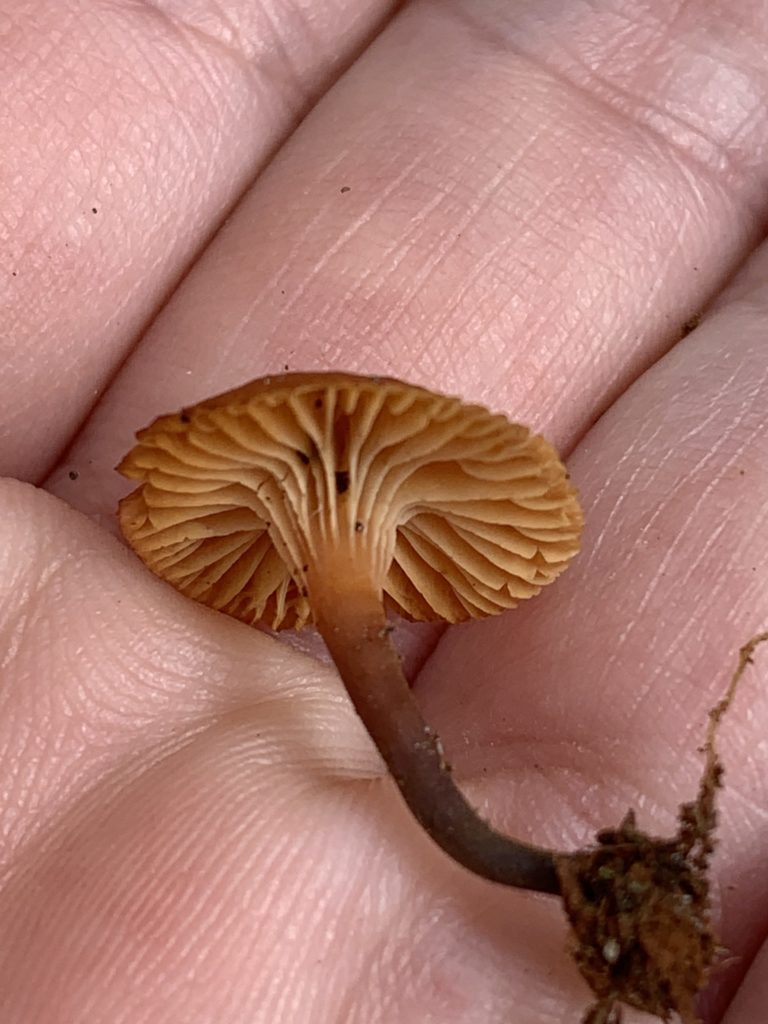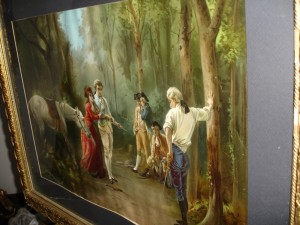Readercon 26 was this past weekend. It was a decidedly mixed bag for me.
On one hand, I got to see VP tribe! (Including some I hadn’t seen since the workshop itself, like Leigh Five). There were fascinating panels, as there always are. I met new, interesting people. I bought Sonya Taaffe’s book, at long last.
On the other hand, it turns out that hanging out with more attractive, successful writers for a long period of time is no good for one’s self-esteem, i.e. my Friday night. I ended up spending most of Saturday morning/afternoon recovering from this.
So I guess I’ll talk about the events I went to? I attended way fewer than normal, preferring to spend much of my con in the bar with VP folks.
Thursday:
I ate dinner at Seasons 52 with a group of VPeeps, after a failed attempt to get into Not Your Average Joe’s without a reservation.
I went to Chris Gerwel’s reading, which was practically required of me, since he is VP15 and now VP staff. (This is a lie; I missed a lot of VPeeps’ readings). He read from his unpublished novel, set in a Roman empire that has never fallen, ruled by an automaton emperor with all the memories of the original Caesar. Good stuff. I still remember the line “mortal Caesar bleeds memories.”
Afterwards I hit If Magic Was Always Real with panelists Karen Burnham, Lila Garrott, Max Gladstone, Romie Stott, and Walt Williams. This panel tackled the idea that, if magic has always been around (the premise in many urban fantasy-type books), why hasn’t it improved the world? I liked the idea of magic as privilege, which got me thinking about magic in the world of Lioness.
I ran into fellow larper Brian R briefly, who was checking out the free night of the con. He was headed to different panels than me, though, so I didn’t get to see him again. But Brian, I totally want to hear how it went!
Friday:
I had to work, so I didn’t arrive on site until 6pm or so. Then, despite having panels I wanted to go to, I spent most of the evening hanging out in the bar, with an ever-varying group of VPeeps. I did get restless around 7pm, and stepped out to attend the end of How Intelligent Are We, Anyway? This panel really didn’t do anything for me; I mostly just sat on my hands, feeling bored and antsy.
However, the next panel I went to, Revealing the Past, Inspiring the Future was quite good — probably my favorite of the con. The panelists were Amal El-Mohtar, Max Gladstone, Alena McNamara, Sarah Pinsker, and Julia Rios, and most of the conversation concerned interesting instances of women, POC, or LGBTQIA folks doing cool stuff in history — stories which tend to go unnoticed because they don’t fit the narrative of what these folks’ roles in history are. I learned about the “Elephant Girls,” a gang of young women in 1930s London; I had the book Makeisha in Time recommended to me.
After that I returned to the neverending bar party, which now included Elizabeth Bear, Amanda Downum and her fiance whose name I never caught, fellow VP17ers Arkady Martine and Beth T, VP16er Kellan/Kevin/sprrwhwk (who looks pretty good in a dress), and Alex, someone who I totally recognized solely from her Sabetha cosplay which I’d seen pics of on Bear’s and Scott Lynch’s Tumblrs. (I am neeeeeeeerd).
Most of them were dressed up for the dance party that night, and I felt very… inadequate beside them. It was also the sort of conversation where it was hard to get a word in edgewise, which basically just made me feel like an NPC in cooler people’s lives.
(I did have interesting side conversations with Alex about the magic of bound buttonholes, which I’m now convinced I need to try).
It got a little better when we went to the VP room party that Latasha and Leigh Five were holding. Uncle Jim and Doyle were there (they were staying in the adjoining room), and we heard stories of their working on the novelization of the terrible script for the terrible Prince Valiant movie. Uncle Jim did magic tricks for Beth and Conni and me; I had interesting conversations with ckd (who had somehow managed to infiltrate our party despite not being VP. INTERLOPER ;)).
Chris Gerwel was there, too, and he and Beth and I talked about the various disappointments of being a writer. (I felt somewhat better about my one novel with no nibbles from agents after hearing about Chris’ three novels in the same situation — including the Roman emperor automaton one we’d so enjoyed his reading from).
Most importantly, I put Doritos on a very drunk Kevin’s head.
I stayed sober throughout, and headed home around midnight, so it was not a very wild and crazy night for me at all. Still, it left me feeling maudlin, even into the next day. Realizing I’d lost my credit card, and waking up in the middle of the night with a coughing fit didn’t help.
Saturday:
I spent Saturday morning and part of the afternoon at home, reading (still working my way through Our Mutual Friend) and writing. Regarding the latter, I did a few word sprints and put down ~750 words on Lioness, which made me feel human again. I’ve still gotten waaaaay behind on Camp NaNo, but time remains to catch up.
I returned to the con just in time for the VP dinner, for which we returned to NYAJ, this time with a reservation. (I also found my credit card, just in time to pay for dinner). Seated near Kevin, Leigh, Beth, Laurence, Latasha, and Conni, we mostly discussed our current projects, and other folks (more up to date on their Hugo reading than I) got sucked into conversations about The Three-Body Problem and The Goblin Emperor.
Since apparently Readercon no longer has programming other than the Miscellany after 3pm on Saturday (!), after dinner we repaired to the gazebo and continued our partying there. And by partying, I mean “conversing,” because again: nerds. I talked to Beth and Laurence about historical smut, and to Kevin and Scott (Ali Wilgus’ husband) about video games, until mosquitos forced me inside. There, I chatted with VP… 9? 10? graduate Suzanne P, about my job as a front-end developer. I headed home before 10pm.
Sunday:
I returned just before noon to found Arkady and John chatting with a guy named Peter with a bunch of cool Middle Earth tattoos. (One of the many people I regret I did not give a business card to!) He was looking for recommendations on flintlock fantasy, since he was thinking of writing one of his own, so of course I had to mention the inestimable Django’s Shadow Campaigns series.
Arkady and John and I went to the BTAIQ: Writing the Lowercase Letters panel which focused on QUILTBAG folks that don’t normally get as much attention in fiction. Panelists were Kythryne Aisling, Amanda Downum, Sioban Krzywicki and Rachel Steiger-Meister; Delany was supposed to be there, but wasn’t. Since Lioness has characters of the B and T persuasion, this seemed relevant to my interests? Most of the conversation was focused on representations of trans characters, because the moderator identified that way. That was a little narrower of a focus than I was hoping for, but still interesting to listen to.
I think what this panel made me realize is that my fears about “writing the other,” to borrow the Nisi Shawl book title, have evolved. I think like most privileged people I used to be afraid that I would say something “offensive” and get called on it. Nowadays my worries are more that I’ll say something hurtful and that no one will tell me — just silently judge me.
I… think that’s a development? Except for the fact that I pretty much worry that people are silently judging me about all my failings.
(If I say something hurtful to you, or represent a character in a way that’s not authentic to your experience, please do tell me, if you feel up to it. I’ll try to make it right with minimal fuss).
After that panel, I went to A Visit from the Context Fairy with Kythryne Aisling again, Stacey Friedberg, Gwynne Garfinkle, Kate Nepveu, and Sonya Taaffe. The panel was about how the context in which one reads a book changes one’s opinion of it, and thus it tied into fascination with how different an experience re-reading is from reading.
Anyway, this was one of my favorite panels of the con. Kate Nepveu did a great job as moderator, allowing the panel to both accommodate audience points of view and yet stay on target. We discussed many of the factors that might influence one’s perception of a book, from life experience to supplemental reading to even the music one listens to. Sonya, who always has clever things to say about the intersection of memory and literature, talked about how she’s spent much of her life tracking down the references in The Last Unicorn, and how that has influenced her enjoyment of the book.
Over and over I kept thinking you can never read the same book twice. I wish that was a sentiment that had been expressed.
The panel did get off-track near the end, when one of the panelists brought up how evolving social mores can change one’s enjoyment of a book (i.e. all the racist caricatures which the author of Mary Poppins went back and removed from the book in later years), which led That One Person in the Audience to start talking about “political correctness” and “whitewashing,” but Nepveu managed to steer it back on course.
My ulterior motive in coming to the panel was to get Sonya’s book, Ghost Signs. And I succeeded, with an inscription: “There’s Wittgenstein in here!” Indeed; and even Lovecraft. I’m working through the book slowly, pausing and mulling over every poem. I feel so much more capable of appreciating them and taking them apart when I’m not staring at them on a computer screen. Poetry is really not suited to that medium, you know?
That was pretty much my con, aside from lunch and taking some folks to the Logan Express. Overall it had some rough patches, but I recovered from them and was ultimately glad I went.
